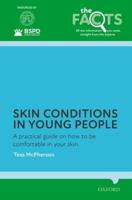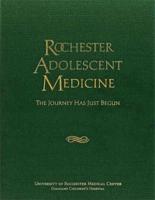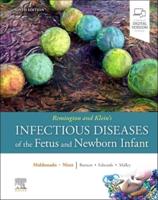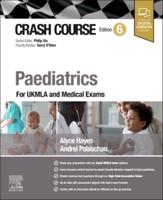Publisher's Synopsis
Pediatric firearm injuries are a significant public and medical community issue. Clinicians are on the front line caring for children, adolescents, and their families after a firearm injury or death. They also represent the best hopes for preventing firearm injuries to children and adolescents in the future. In circumstances of injury and violence they provide medical, mental health, and rehabilitative care. They also provide anticipatory guidance to prevent firearm injuries and deaths and should have a strong voice in the local, state and national discussions about firearm policies for injury prevention.
This book provides an overview of the epidemiology and risk factors for firearm injuries in children and adolescents. It will serve as a practical clinical guide for firearm injury prevention at the individual, state and national levels. The beginning of the book focuses on the epidemiology of firearm injuries, primarily centered in the United States, but also including an international perspective. It addresses the role of firearms in suicide, homicide, and domestic violence, and examines mass shootings as well. The second half of the book focuses on preventive measures for firearm injuries including primary care and hospital-based interventions, community interventions, and state and federal legislation. It concludes with a background on the history of firearm research in the United States and future directions for decreasing firearm injuries. The book's overall focus is on public policy and the role of clinicians and public health advocates, while simultaneously offering practical tools and information about the clinician's role in intervention.
Written by experts in the field, Pediatric Firearm Injuries and Fatalities is an ideal resource for pediatric, adolescent medicine, emergency medicine, primary care and family medicine clinicians. At the same time, it appeals to all clinicians and public health advocates wishing to develop a better understanding of pediatric firearm injuries and a path forward to decreasing them.








